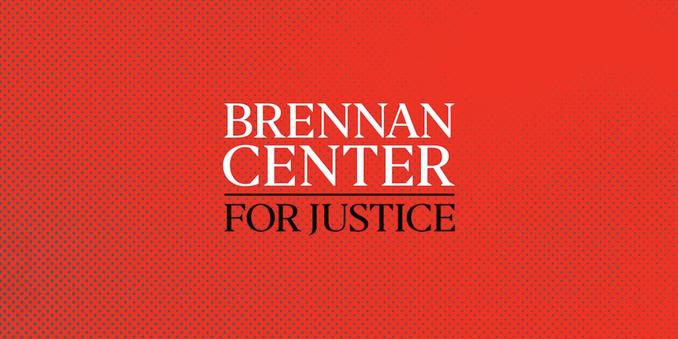2025-11-23 01:36:13
The Federal Communications Commission voted 2-1 along party lines on Thursday
to scrap rules that required U.S. phone and internet giants to meet certain minimum cybersecurity requirements.
The FCC’s two Trump-appointed commissioners, chairman Brendan Carr and his Republican colleague Olivia Trusty,
voted to withdraw the rules that require telecommunications carriers to “secure their networks from unlawful access or interception of communications.”
The Biden administ…




